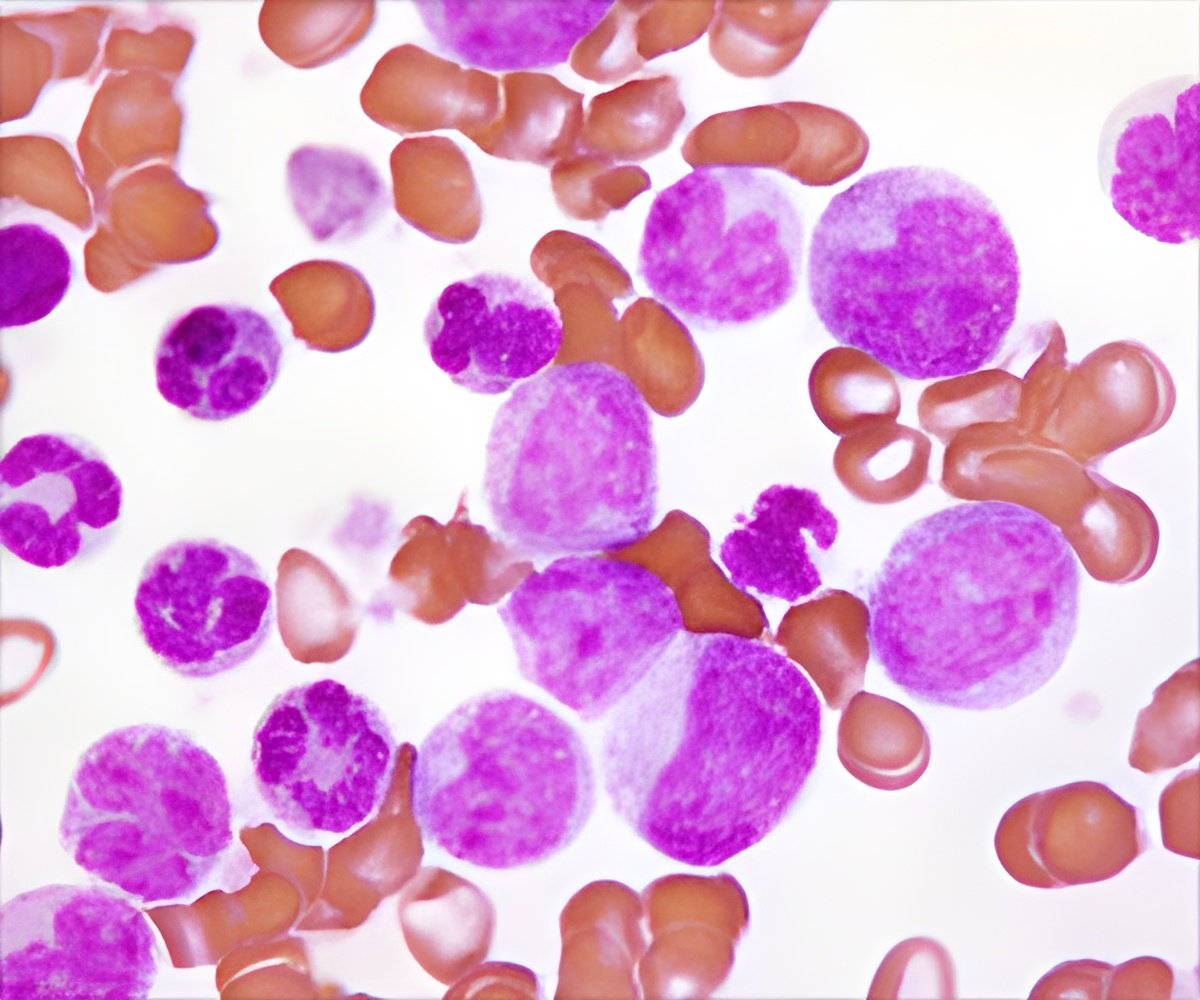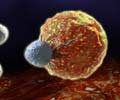A team of researchers in the United States revealed that they were able to wipe out leukemia in a young girl with her own modified T-cells with the help of a new type of immune cell therapy.

But the research in the New England Journal of Medicine also describes an attempt at T cell reprogramming in another child who did not survive, pointing to the need for more research to improve on the therapies being tested.
ALL is the most common form of childhood cancer, and is often curable. However, the two children in this case study had a high-risk type that resists conventional treatments, so their parents enrolled them in the clinical trial.
"Emily remains healthy and cancer-free, 11 months after receiving bioengineered T cells that zeroed in on a target found in this type of leukemia," the University of Pennsylvania said in a statement.
The second child in the two-person case study was a 10-year-old who also showed no evidence of cancer cells for two months after treatment but later suffered a fatal relapse when the cancer returned in the form of leukemia cells that did not harbor the specific cell receptor targeted by the therapy.
"This study describes how these cells have a potent anticancer effect in children," said co-first author Stephan Grupp of The Children's Hospital of Philadelphia, where both patients took part in the clinical trial.
Advertisement
The method works by taking some of the patient's own T-cells and re-engineering them to recognize and attack B cells, which have become cancerous and which express a surface protein called CD19.
Advertisement
University of Pennsylvania scientists first developed this modified T cell therapy for use in adult patients with a different form of leukemia known as chronic lymphocytic leukemia (CLL).
In 2011, a small trial on three adults showed early success with the method. Two of those adult patients are still in remission more than 2.5 years later.
Source-AFP













